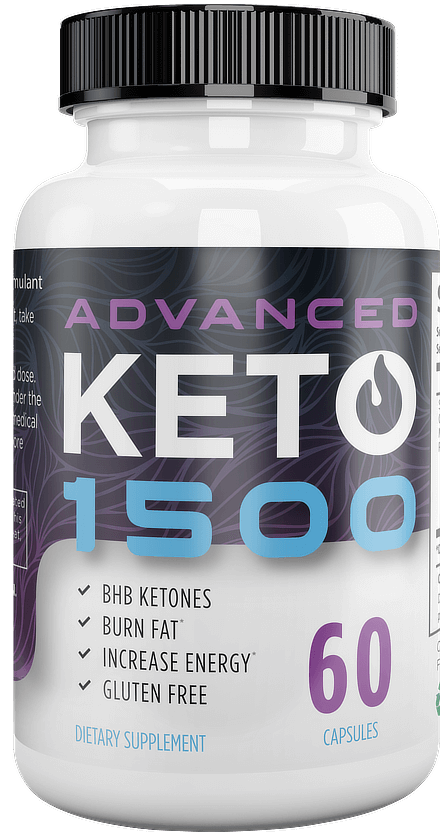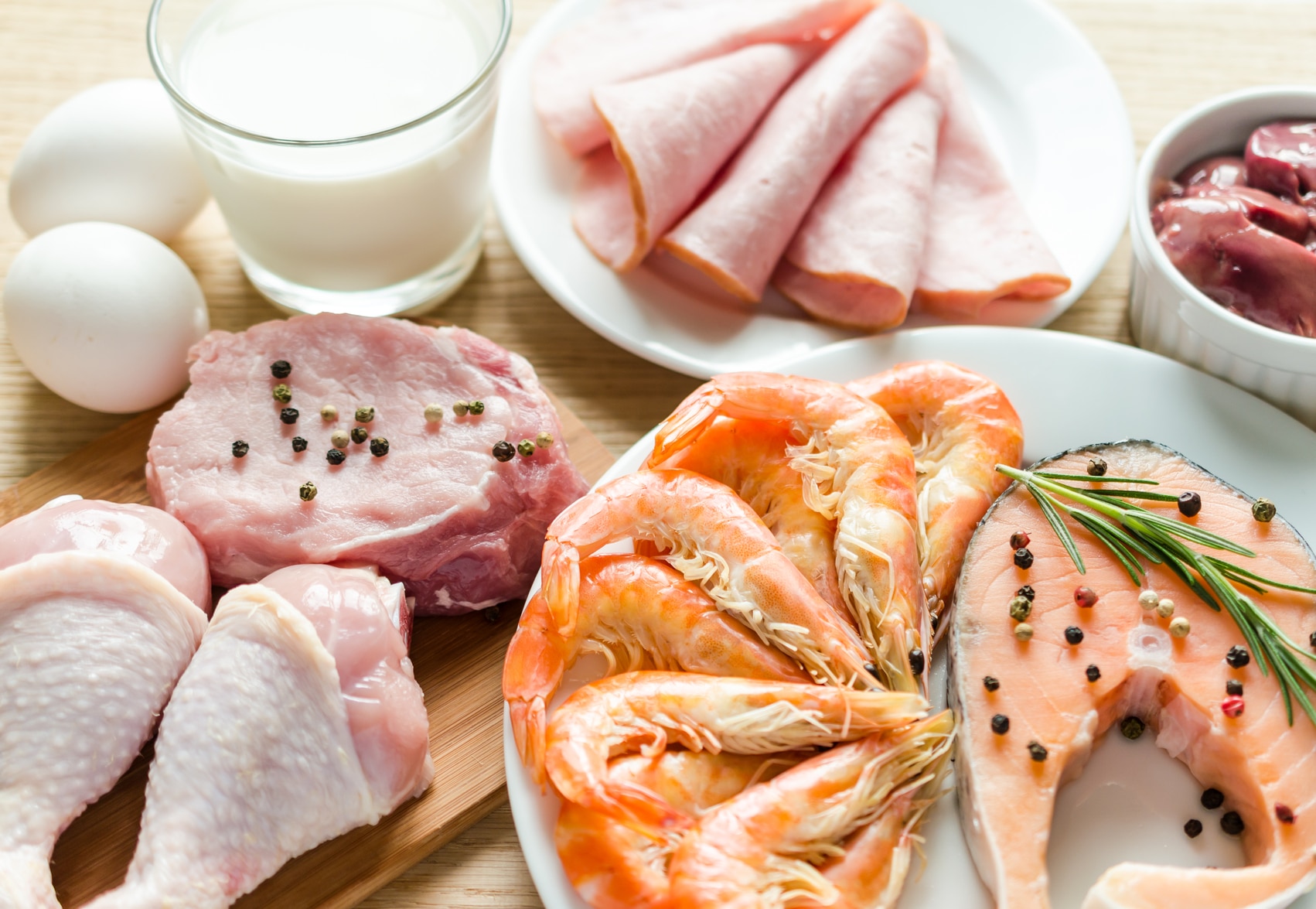Fad diets aren’t inherently bad. In fact, the people who are able to sustain them have enjoyed some great results. These diets are often met with contention because there are so many people who claim that they simply don’t work.
The ketogenic diet is one of the more popular fad diets and to a lot of people, eating fat to lose fat may sound absurd. To dispel misinformation, we first need to understand the science behind the ketogenic diet and why so many people champion it.
What Is a Ketogenic Diet?
A ketogenic diet is a low-carbohydrate diet that puts a focus on getting most of your calories from protein and fat. This diet is adopted with the purpose of causing the body to enter into a ketogenic state, which causes the body to burn fat instead of carbohydrates.
From a medical viewpoint, the ketogenic diet is a controlled protein diet that has been used to treat epilepsy since the 1920s. These days, a ketogenic diet has been proven to be effective at weight loss, especially when there are many ways to do it. However, this is only achieved when it is done properly. Implementing it incorrectly will not only hurt your progress, but will also cause many negative side effects. With this in mind, what are the most common ketogenic diet mistakes to avoid?
KETO SUPPLEMENTS
# Preview Product Rating Link 1. BEST CHOICE 2. 3.
Not Eating Enough Fat
It’s easy to see why people are averse to consuming fat-heavy foods. Society has been conditioned to think that eating fats will make you fat, which is far from the truth. Remember that since you’re limiting your carbohydrate intake with a keto diet, you need to compensate for this carb reduction with fats. Dietary fats are important in order to prime your body for ketosis.
It’s also important to note that keto diet beginners need to consume more fat than those who have done it before.
Eating the Wrong Fats
Being able to consume fats for your diet doesn’t mean that you can just eat any fat. Not all fats are the same, and since fats are the core of your ketogenic diet, you have to ensure that you choose the right kinds of fat. Healthy fats include unsaturated fats, like those from avocados. Animal fats and olive oil are also great sources of fat. Stay away from processed food, canola oil, and any trans fats.
Not Drinking Enough Water
Regardless of what diet you’re following, it’s important to stay properly hydrated. This is especially true as your body adjusts to burning fats instead of carbs. The reason for this is that carbs are responsible for storing water in the body. Limiting carb intake also means you limit your body’s ability to store water. This means that you have to compensate for this by increasing water intake.
A good way to determine if you’re properly hydrated is through the color of your urine. A dark yellow means you need more water. Clear urine means you’re in the clear.
Lack of Sodium
Sodium is another nutrient that gets excreted along with water when you’re running on ketones for your fuel. It’s important to replace your sodium, especially because low sodium is how you get keto flu, which includes headaches, foggy brain, fatigue, irritability, nausea, difficulty sleeping, and constipation. Salting your meals is a good way to compensate for low sodium levels. You can even add some sea salt to your water and sip it throughout the day.
Excessive Dairy
Dairy may seem like the perfect addition to a low-carb, high-fat diet, but it’s easy to exceed your caloric goals if you don’t track the amount of dairy you consume. Not only this, but some dairy types can even cause insulin spikes, which causes you to fall out of ketosis. Some dairy products also contain a lot of sugar, so it’s important to check nutrition labels before buying them.
Snacking
While snacking isn’t bad by itself, having this urge may indicate that you’re doing something wrong. If you’re a beginner, this could also be attributed to the adjustment period, which you can counteract with a DIY Appetite Suppressant.
Not Getting Enough Sleep
Whether it’s in training or in diets, getting the right amount of sleep is important. In this case, a lack of sleep shows increased sugar cravings and an overall higher stress level. Both these factors adversely affect the body’s ability to produce ketones. You need at least seven to eight hours of sleep a night. It’s also important to limit screen use one to two hours prior to sleeping. This is not only essential for your diet, but for your overall quality of life.
Obsessing Over the Scale
Finally, it’s also important to resist obsessing over your weighing scale. While the ketogenic diet is well-known for its weight loss benefits, the weighing scale isn’t always an accurate tool to measure your progress. A good example of this is when a beginner at keto loses water weight for the first few days of the diet, only to see that their weight shoots right back up a few days later.
This is because once your body gets accustomed to the ketogenic diet, it’s going to be able to retain some water. Therefore, checking your weight several times a day will not only discourage you from sticking with your diet, but it will rob you of precious time that could be used to further supplement your weight loss routine.
A much more accurate way of determining whether your ketogenic diet is working is through your body composition and your body fat percentage. This is especially true when you’re working out as you adopt a ketogenic diet.
Muscle mass is denser than fat, and it may seem like you’re retaining or even gaining weight, but your body composition is improving, with higher skeletal muscle mass and a much lower body fat percentage.









Reply